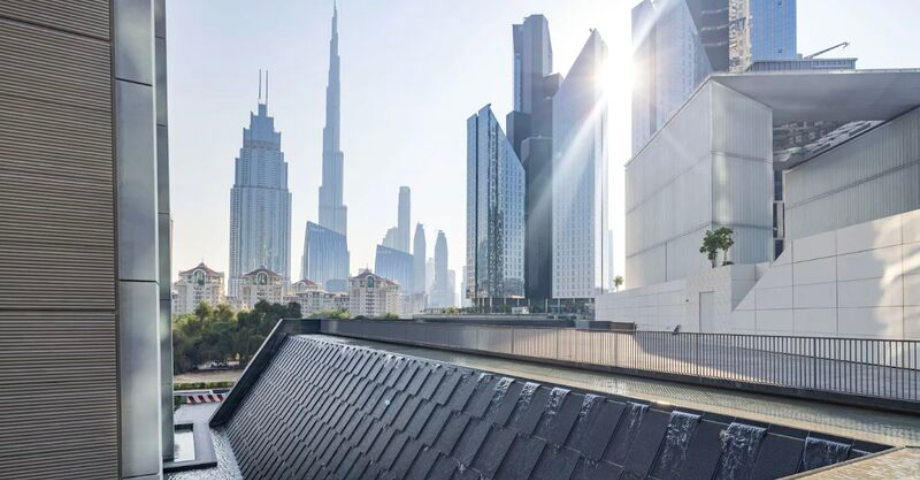Client Name: Windsor Management Industry: Property Management Client Representative: Philip Kiamie
Embracing energy efficiency in skyscraper design amid rising costs

You’d think that giant glass buildings in hot climates like Dubai would cost an absolute fortune to cool.
Well, they do.
While it’s routinely 100 degrees in Dubai, air conditioners have to work overtime to cool down the giant glass skyscrapers that absorb heat all day.
The New York Times ran an interesting piece earlier this week that explains how architects in Dubai, the host city of the UN Climate Summit this year, are moving past glass skyscrapers and towards buildings that emphasize energy efficiency.
As energy costs increase, reducing the costs to cool buildings is a major priority.
The United Arab Emirates has the 6th highest electricity consumption per capita, largely thanks to the high demand for air conditioning. (If you’re wondering who ranks higher on that list, the top 3 spots are Iceland, Norway, and Kuwait. Qatar is 4th, and Canada is 5th)
Back when Dubai started to build out in the 70s and 80s, the cost of electricity wasn’t a major concern for the architects. But now it is.
With that in mind, architects are emphasizing energy efficiency for new buildings in Dubai.
They’re doing this by embracing a combination of new technology and age-old techniques that civilizations used to keep buildings cool before the invention of air conditioning. These techniques include:
- Orienting buildings away from the sun
- Building with wind patterns in mind to increase natural ventilation
- Minimizing the use of glass and instead using building materials that reflect heat instead of absorbing it
- Adding narrow alleyways between buildings to create shade
- Adding courtyards and terraces to create shady areas for employees to take breaks in
I think we’ll continue to see similar discussions in every city across the world as energy costs rise. I also suspect cities like Dubai (much like most major US cities) will start to require smart controls in all buildings (new and old) for much the same reason.




